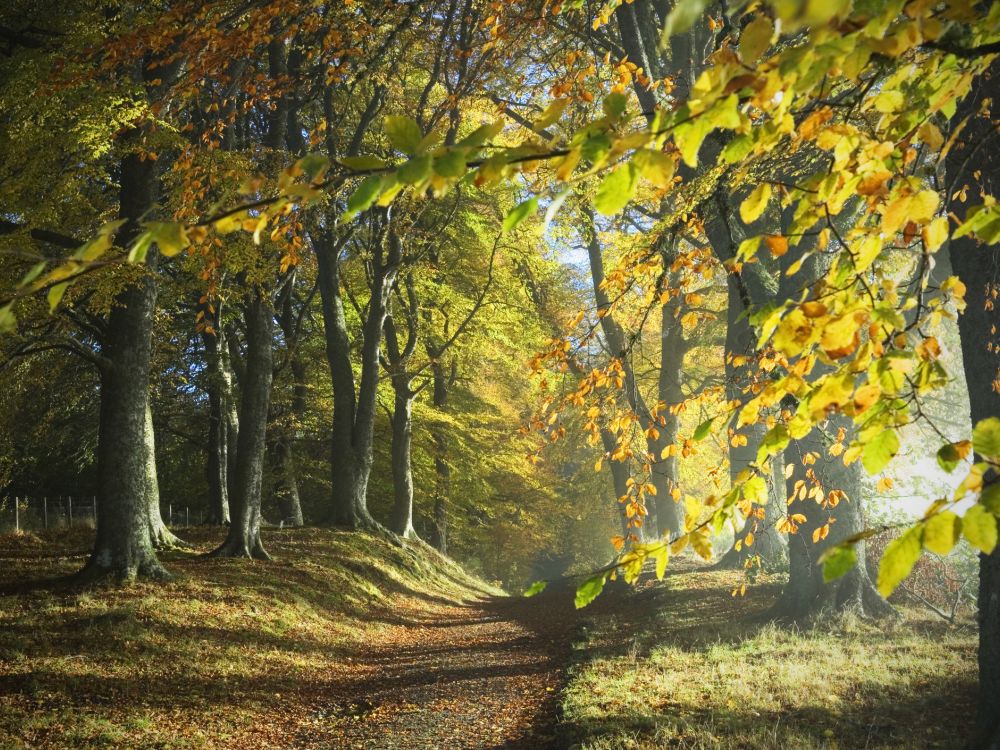
Guide to wood options


Why choose good wood?

Want more sustainable lifestyle tips?
What's so good about trees?

More trees please

About The Good Wood Guide
The Good Wood Guide was produced in 1997 in partnership with Fauna & Flora International through Fenside Waste Management Ltd and The Rufford Foundation.






